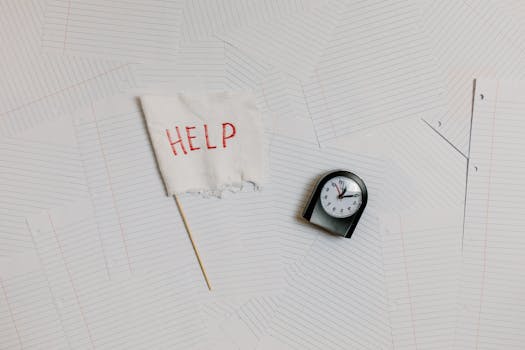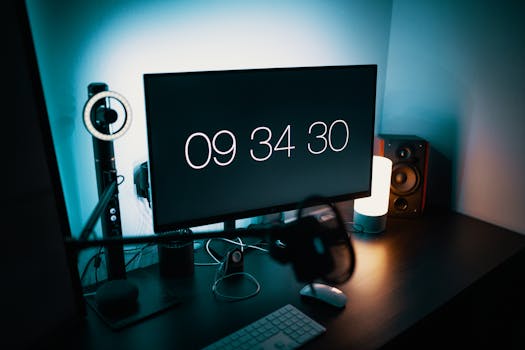
Time Management Strategies for Personal Efficiency
Introduction to Time Management

Time management is the process of planning and controlling the amount of time spent on different activities to maximize efficiency and productivity. Effective time management is crucial for achieving personal and professional goals, as it enables individuals to prioritize tasks, manage their workload, and reduce stress. In this article, we will explore time management strategies for personal efficiency, providing tips and techniques to help you make the most of your time.
Understanding the Importance of Time Management

Time management is essential for several reasons. Firstly, it helps individuals prioritize tasks and focus on the most important ones, ensuring that they are completed efficiently and effectively. Secondly, it enables individuals to manage their workload, reducing the risk of burnout and stress. Finally, effective time management allows individuals to achieve a better work-life balance, leading to improved overall well-being and happiness.
Time Management Strategies for Personal Efficiency

There are several time management strategies that can help individuals boost their personal efficiency. Some of the most effective strategies include:
- Set Clear Goals: Setting clear goals is essential for effective time management. It helps individuals focus on what needs to be achieved and prioritize tasks accordingly.
- Prioritize Tasks: Prioritizing tasks is critical for managing time efficiently. It involves identifying the most important tasks and completing them first.
- Use a Scheduling Tool: Using a scheduling tool, such as a calendar or planner, can help individuals stay organized and on track.
- Avoid Multitasking: Multitasking can be a significant productivity killer. It is essential to focus on one task at a time to ensure that it is completed efficiently and effectively.
- Take Breaks: Taking regular breaks can help individuals recharge and maintain their productivity levels.
Additional Tips for Effective Time Management

In addition to the strategies mentioned above, there are several other tips that can help individuals manage their time more effectively. Some of these tips include:
- Learn to Say No: Learning to say no to non-essential tasks can help individuals free up time and focus on more important tasks.
- Avoid Procrastination: Procrastination can be a significant time waster. It is essential to break down large tasks into smaller, manageable chunks to avoid procrastination.
- Stay Organized: Staying organized is critical for effective time management. It involves keeping track of tasks, deadlines, and progress.
- Use Technology to Your Advantage: Technology can be a significant time saver. It is essential to use tools, such as project management software and time tracking apps, to streamline tasks and improve productivity.
Conclusion

In conclusion, time management is a critical skill that can help individuals boost their personal efficiency and productivity. By setting clear goals, prioritizing tasks, using a scheduling tool, avoiding multitasking, and taking breaks, individuals can manage their time more effectively. Additionally, learning to say no, avoiding procrastination, staying organized, and using technology to your advantage can also help improve time management skills. By implementing these strategies and tips, individuals can achieve a better work-life balance, reduce stress, and improve their overall well-being.






